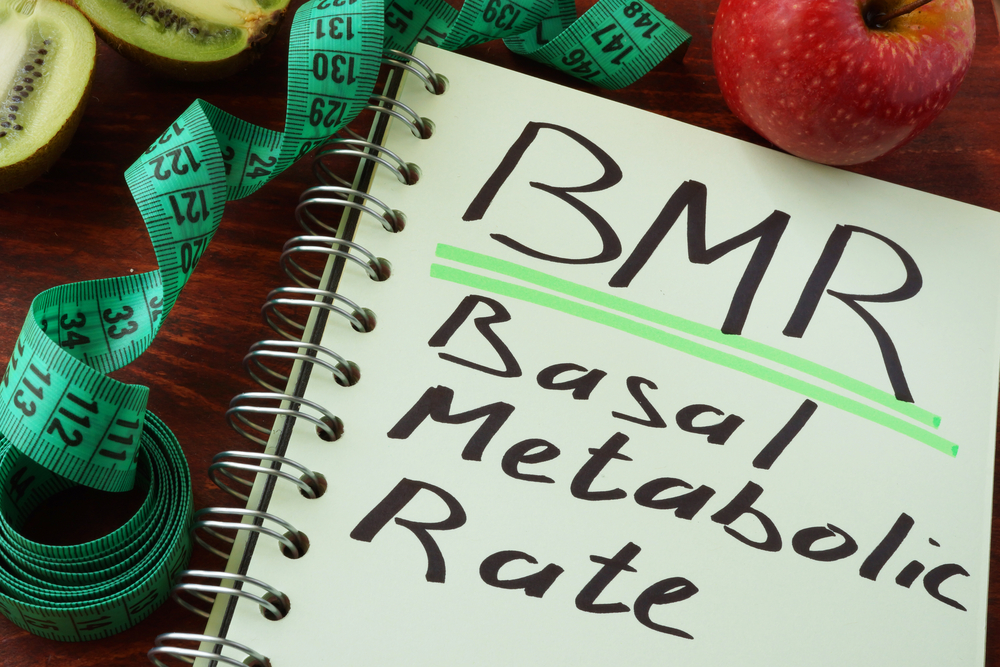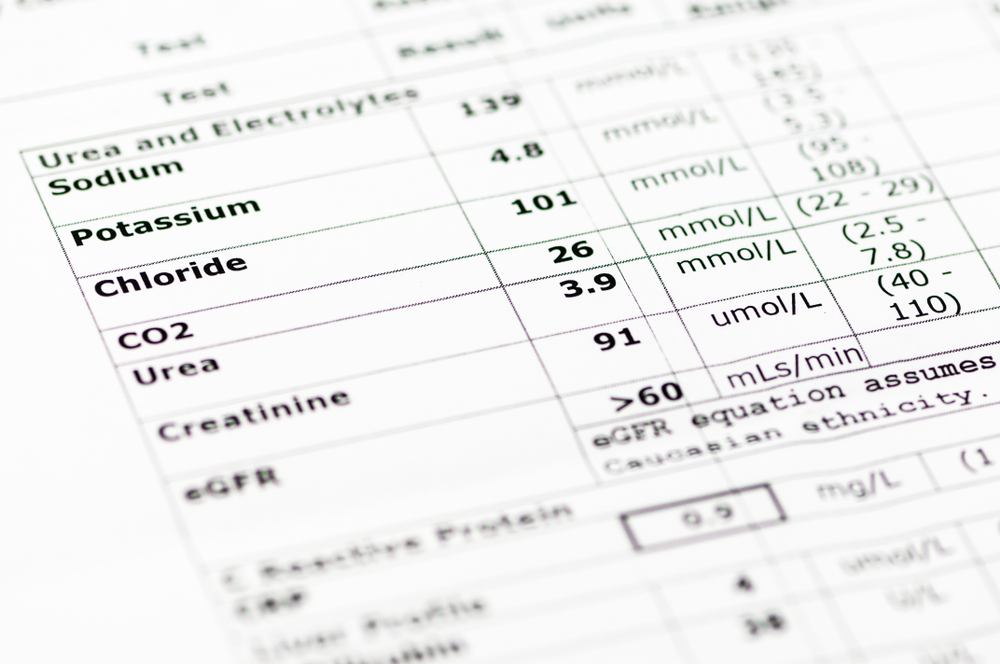Triglycerides Meaning
Triglycerides also come from extra calories. These are the calories that you eat, but your body does not need right away. Your body changes these extra calories into triglycerides and stores them in fat cells. When your body needs energy, it releases the triglycerides.
| Category | Triglyceride Level |
| Normal | Less than 150mg/dL |
| Borderline high | 150 to 199 mg/dL |
| High | 200 to 499 mg/dL |
| Very high | 500 mg/dL and above |
What causes an increase in triglycerides?
High triglycerides are usually caused by other conditions, such as:
- Obesity.
- Poorly controlled diabetes.
- An under-active thyroid (hypothyroidism).
- Kidney disease.
- Regularly eating more calories than you burn.
- Drinking a lot of alcohol.
- Certain medicines may also raise triglycerides. These medicines include:
- Tamoxifen.
- Steroids.
- Beta-blockers.
- Diuretics.
- Estrogen.
- Birth control pills.
- In a few cases, high triglycerides also can run in families.
Why do high triglycerides matter?
High triglycerides may contribute to hardening of the arteries or thickening of the artery walls (arteriosclerosis) — which increases the risk of stroke, heart attack and heart disease. Extremely high triglycerides can also cause acute inflammation of the pancreas (pancreatitis). High triglycerides are often a sign of other conditions that increase the risk of heart disease and stroke, including obesity and metabolic syndrome — a cluster of conditions that includes too much fat around the waist, high blood pressure, high triglycerides, high blood sugar and abnormal cholesterol levels.
What's the best way to lower triglycerides?
Healthy lifestyle choices are key.
- Exercise regularly
Aim for at least 30 minutes of physical activity on most or all days of the week. Regular exercise can lower triglycerides and boost “good” cholesterol. Try to incorporate more physical activity into your daily tasks — for example, climb the stairs at work or take a walk during breaks. - Avoid sugar and refined carbohydrates
Simple carbohydrates, such as sugar and foods made with white flour or fructose, can increase triglycerides. - Lose weight
If you have mild to moderate hypertriglyceridemia, focus on cutting calories. Extra calories are converted to triglycerides and stored as fat. Reducing your calories will reduce triglycerides. - Choose healthier fats
Trade saturated fat found in meats for healthier fat found in plants, such as olive and canola oils. Instead of red meat, try fish high in omega-3 fatty acids — such as mackerel or salmon. - Avoid trans fats or foods with hydrogenated oils or fats
Examples include stick margarine, canned frosting, coffee creamers. Making a habit to read the labels, particularly of the processed foods should help you identify the trans fats. - Limit how much alcohol you drink
Alcohol is high in calories and has a particularly potent effect on triglycerides. If you have severe hypertriglyceridemia, avoid drinking any alcohol.






